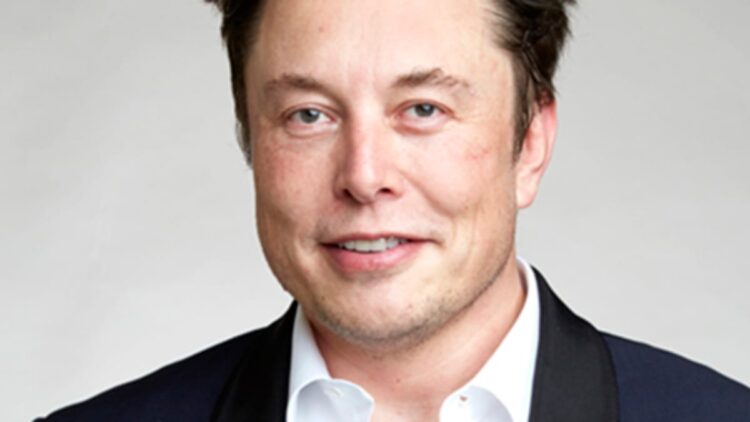By Isabelle Wilson-
Twitter executives and regulators in Brussels, have asked Elon Musk to hire more human moderators and fact-checkers to review posts and rely less on Artificial intelligence.
The request was made to address twitter’s current mix of human moderation and AI technology to detect and review harmful material, in line with other social media platforms. However, it does not employ fact checkers, unlike larger rival Meta, which owns Facebook and Instagram.
Twitter’s current use of volunteer moderators for a feature called ‘community notes’ to tackle the deluge of misinformation on the platform, is not used to address the illegal content. The new owner has slashed more than half of Twitter’s 7,500 staff, including the entire trust and safety teams in some offices, while seeking cheaper methods to monitor tweets.
Musk also told EU commissioner Thierry Breton last January that it will lean further on its AI processes, said people with direct knowledge of the talks.
Those people said Breton advised that, while it was up to Twitter to come up with the best way to moderate the site, he was expecting the company to hire people to comply with the Digital Services Act.
The DSA is landmark legislation that will force Big Tech groups to police their sites more aggressively for illegal content. Major platforms, including Twitter, will have to be fully compliant by September this year at the latest.
Those in breach face fines of up to 6 per cent of global turnover. Musk told Breton that hiring will take time but staff will be in place to comply with the DSA this year.
Further talks have been held between Twitter and EU regulators regarding its moderation plans in recent weeks. At those, officials have admitted pursuing the community notes model could work to weed out a large proportion of misleading information in the same way editors achieve similar results on Wikipedia.
Issues raised include the fact the site does not have hundreds of thousands of volunteer editors, as Wikipedia does, and that Twitter has a poor record on non-English language content moderation, an issue that plagues other social networks.
“Community notes is not a terrible idea but Musk needs to prove that it works,” said a person with direct knowledge of the talks.
“Platforms should be under no illusion that cutting costs risks cutting corners in an area that has taken years to develop and refine,” said Adam Hadley, director of Tech Against Terrorism, a UN-backed organisation that helps platforms police extremist content online. “We are worried about the signal Twitter’s latest move sends to the rest of the industry.”
The European Commission said: “We believe that ensuring sufficient staff is necessary for a platform to respond effectively to the challenges of content moderation, which are particularly complex in the field of hate speech. We expect platforms to ensure the appropriate resources to deliver on their commitments.”
The news comes a day after Oscar-winning film-maker Alex Gibney announced he is in the process of making a documentary about Elon Musk.
The documentarian behind films such as Taxi to the Dark Side and Enron: The Smartest Guys in the Room is months into the making of Musk, “a definitive and unvarnished examination” of the provocative tech entrepreneur.
“I have been working on this film, off and on, for some time and am hugely excited about it,” he said. “I am delighted by this extraordinary group who are working with me. Onward!”
The film has been described as “a rigorous portrait” of the Tesla, Twitter and SpaceX CEO that will “take on the challenge of examining” him and the impact he has on the world.
Gibney’s documentaries have also taken a hard look at everything from the cult of Scientology to the Elizabeth Holmes/Theranos scandal. His upcoming slate includes Apple TV two-parter Boom! Boom! The World vs Boris Becker and a producer credit on Return to Timbuktu, a film about the return of musicians to Mali after the conflict.
Recent documentaries about Musk have come from the New York Times Presents at FX, called Elon Musk’s Crash Course, and the Oscar-winning film-makers behind Free Solo whose Netflix docuseries Return to Space looked at SpaceX. The latter was criticised as something that could be “easily repurposed as promotional material” by Jeannette Catsoulis at the New York Times.
“Now is the moment for a rigorous portrait of Elon Musk, who is undeniably one of the most influential figures of our time,” Closer Media founder Zhang Xin said, per Variety. “Closer Media is thrilled to join forces with Alex Gibney, Anonymous Content, and Double Agent to take on the challenge of examining Musk and his impact on the world.” Gibney directed the Academy Award–winning documentary Taxi to the Dark Side and Going Clear: Scientology and the Prison of Belief.




